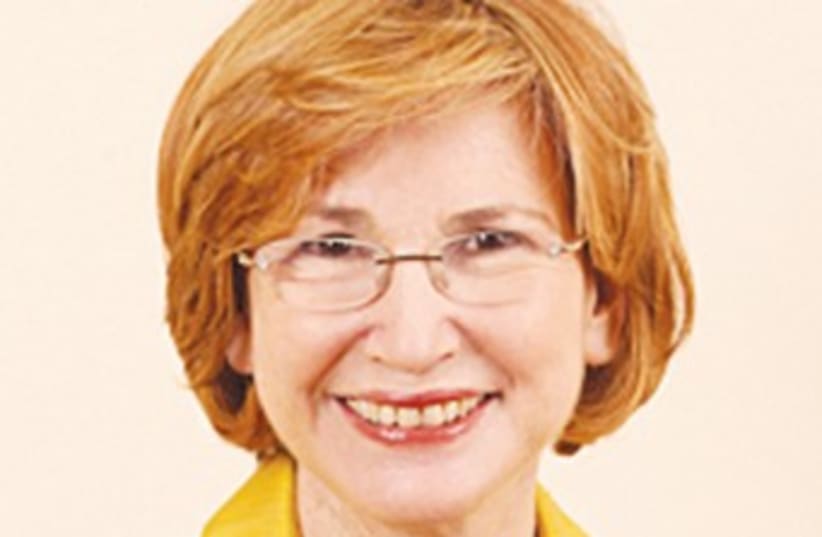Civil rights groups urge bolstering public health system
The Association of Civil Rights in Israel and the Physicians for Human Rights-Israel presented to Health Minister Yael German Wednesday a position paper for combatting the “creeping privatization and commercialization” of the public health system.
